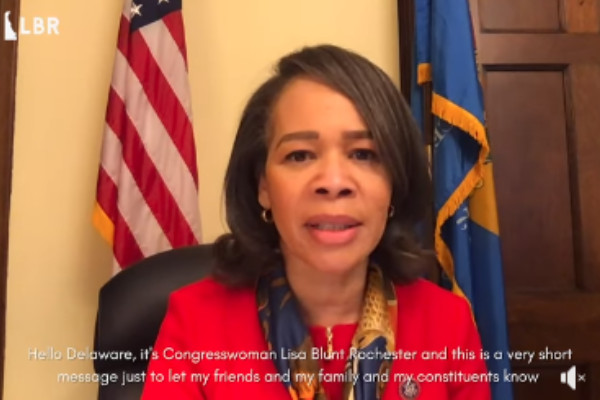Jan 8, 2021
On Wednesday, symbols of Christian nationalism were on full display among many of those who stormed the U.S. Capitol. However, both before and after Wednesday's attacks, some legislators invoked the language of faith in a different way: to reject President Donald Trump's repeated attempts to to discredit the election and the insurrection it sparked.
Read the Full Article

Already a subscriber? Login
